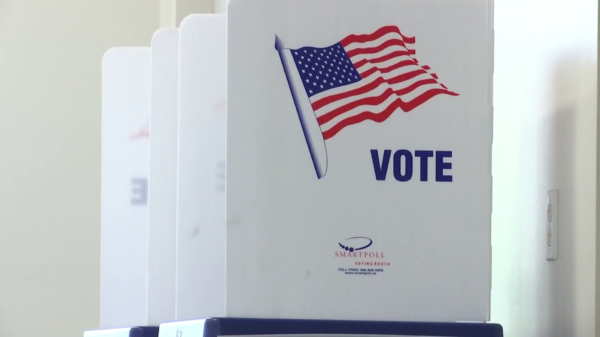Governor DeSantis Signs Ban on Central Bank Digital Currency: Protecting Florida’s Financial Independence
In a bold move to safeguard Florida’s financial sovereignty, Governor Ron DeSantis has recently signed a ban on the implementation of central bank digital currency (CBDC) within the state. This landmark decision signifies a clear stance on the potential risks and uncertainties associated with CBDC, demonstrating Governor DeSantis’ commitment to preserving the state’s economic stability and customer protection.
The Rise of Central Bank Digital Currency
Central bank digital currency has gained significant attention as countries worldwide contemplate the potential benefits of implementing their own digital currencies. CBDC represents a digitized form of sovereign currency, typically issued and regulated by a central bank. Proponents argue that CBDC could enhance financial inclusivity, streamline transactions, and combat illegal activities associated with traditional cash.
However, the concept of CBDC also raises concerns over privacy, surveillance, and potential control exerted by central banks over individuals’ financial transactions. Critics argue that the implementation of CBDC may infringe on personal liberties and undermine the decentralized nature of traditional cryptocurrencies like Bitcoin.
Florida’s Financial Independence
Florida, known for its thriving economy and robust financial sector, has long prioritized economic independence and autonomy. The state’s strategic position as a global hub for finance and trade makes it imperative to safeguard against potential risks associated with new monetary technologies, such as CBDC.
By signing the ban on CBDC, Governor DeSantis seeks to protect Florida’s financial system from potential vulnerabilities that could arise from a centralized digital currency. This decision reaffirms the state’s commitment to maintaining its long-standing reputation as a reliable and stable financial center, attractive to both local and international investors.
Ensuring Customer Protection
The imposition of a CBDC ban in Florida also underscores Governor DeSantis’ dedication towards safeguarding customer protection within the state’s financial ecosystem. Concerns have been raised regarding the potential for data breaches, cyberattacks, and unauthorized access to personal financial information if CBDC were to be implemented.
By proactively banning CBDC, Governor DeSantis ensures that Floridians’ financial information remains secure, protecting individuals and businesses from potential harm. This decision sends a powerful message that Florida prioritizes consumer trust and will do everything necessary to protect its residents’ financial well-being.
Impact on the Cryptocurrency Industry
The ban on CBDC in Florida could have significant implications for the broader cryptocurrency industry. By signaling opposition to centralized digital currencies, the state bolsters its support for decentralized cryptocurrencies like Bitcoin and Ethereum. This stance may attract crypto-focused businesses and individuals seeking a jurisdiction that embraces the values and benefits of cryptocurrencies.
Florida’s decision also highlights the need for a comprehensive regulatory framework for digital currencies. As the cryptocurrency industry continues to evolve and gain mainstream acceptance, the state might consider developing policies that strike a balance between embracing innovation and safeguarding against potential risks.
Adapting to Future Financial Technologies
While banning CBDC, Governor DeSantis recognizes the importance of leveraging technological advancements in the financial sector. Florida aims to embrace innovation and remain at the forefront of digital transformation within the industry. This approach entails carefully evaluating and adopting new technologies that align with the state’s principles of financial independence, customer protection, and economic growth.
Therefore, with the ban on CBDC in place, Florida remains open to exploring alternative digital currencies or financial technologies that can enhance the state’s economic prosperity while ensuring the safety and well-being of its residents.
Conclusion
Governor DeSantis’ recent ban on central bank digital currency marks a significant step in protecting Florida’s financial independence and ensuring customer protection. By standing against CBDC, the state reinforces its commitment to promoting a stable financial ecosystem while fostering innovation in the cryptocurrency industry. As Florida adapts to future financial technologies, it aims to strike a balance between embracing progress and safeguarding against potential risks, safeguarding its position as a leading global financial hub.
*Source www.fox4now.com




































